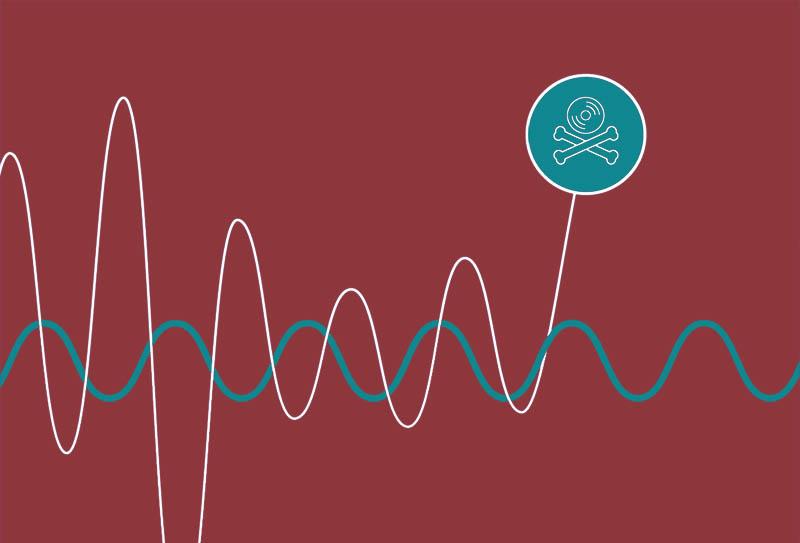 Peru has an extensive history related to piracy and Intellectual Property. Now there is a more determined fight from the State and the companies themselves to minimize this piracy that affects the publishing, record, audiovisual, computer and fashion industries, but the panorama still looks full of challenges.
Peru has an extensive history related to piracy and Intellectual Property. Now there is a more determined fight from the State and the companies themselves to minimize this piracy that affects the publishing, record, audiovisual, computer and fashion industries, but the panorama still looks full of challenges.
Piracy is rarely thought of as the big business it is. Losses from non-payment of royalties, counterfeiting, and smuggling add up to around $2 billion each year, according to statistics published by the Anti-Smuggling and Piracy Commission for the year 2019.
What is the current panorama of copyright piracy in Peru?
The old image of piracy was the street vendors of rerecorded cassettes in the streets of Lima during the 1980s and 1990s. Now the panorama is much more complex.
Currently, most practices against copyright are done with the help of the Internet. Download a book by a Peruvian writer on a Telegram channel or watch a football match of La Liga Española or the broadcast of the Oscars awards ceremony on an independent website that broadcasts to another television channel without any kind of license.
All these seemingly small actions are part of a complex scenario where the National Institute for the Defense of Competition and the Protection of Intellectual Property (Indecopi) acts to discourage these harmful practices and allow Peruvian creative industries to develop.
In an effort to establish new actions against stream-ripping*, Indecopi blocked access to a group of 17 web pages dedicated to piracy in May 2021. These websites allowed users to download all kinds of music and video content in mp3 or mp4 files to watch at home, while another group of websites served to watch sports broadcasts without paying a membership to streaming services.
For this, Indecopi ordered as a precautionary measure the blocking of said websites, in national territory, and that they were executed by the Telefónica del Perú companies (Movistar), América Móvil Perú (Claro), Entel Perú (Entel), Viettel Perú (Bitel), Americatel Peru (Americatel), GTD Peru (GTD) and Wi-Net Telecom (Win) in their capacity as internet service providers.
At Unión Andina, we have insisted that one of the ways to reduce these practices is to proactively educate about the scope of these practices, which are even constant among users.
Highlighting the scope of Intellectual Property in the media, explaining more about the role of patents and trademarks in the Peruvian economy and updating the monitoring and blocking methods for piracy are measures that together will help guarantee the copyrights and promote a vast and strong Peruvian creative industry.
Contact us
*The illegal practice of creating a downloadable file of content whose transmission is available online.
Brands Intellectual Property News (2019) Stream Ripping, la manera preferida de los jóvenes para piratear música. (The preferred way for young people to pirate music). Recovered from: https://www.brandsprotectionnews.com/stream-ripping-la-manera-preferida-de-los-jovenes-para-acceder-a-contenido-musical-pirata/
Cámara de Comercio Americana del Perú (2019) Piratería y falsificación perjudican la innovación y la inversión privada. (American Chamber of Commerce of Peru (2019) Piracy and counterfeiting harm innovation and private investment) Recovered from: https://amcham.org.pe/nota-de-prensa/pirateria-y-falsificacion-perjudican-la-innovacion-y-la-inversion-privada/
Agencia Peruana de Noticias (2021) ¡Golpe a la piratería digital! Indecopi bloquea 17 páginas web ilegales. (Peruvian News Agency (2021) Blow to digital piracy! Indecopi blocks 17 illegal web pages.) Recovered from: https://andina.pe/agencia/noticia-golpe-a-pirateria-digital-indecopi-bloquea-17-paginas-web-ilegales-846593.aspx
